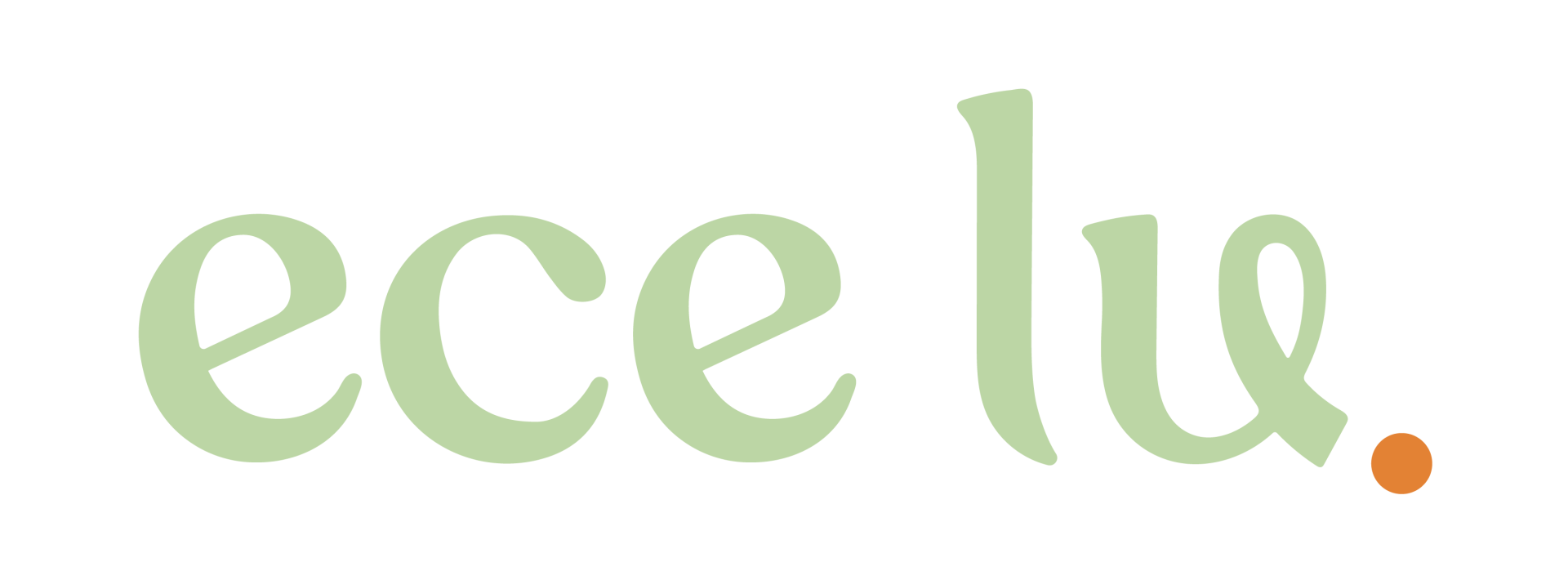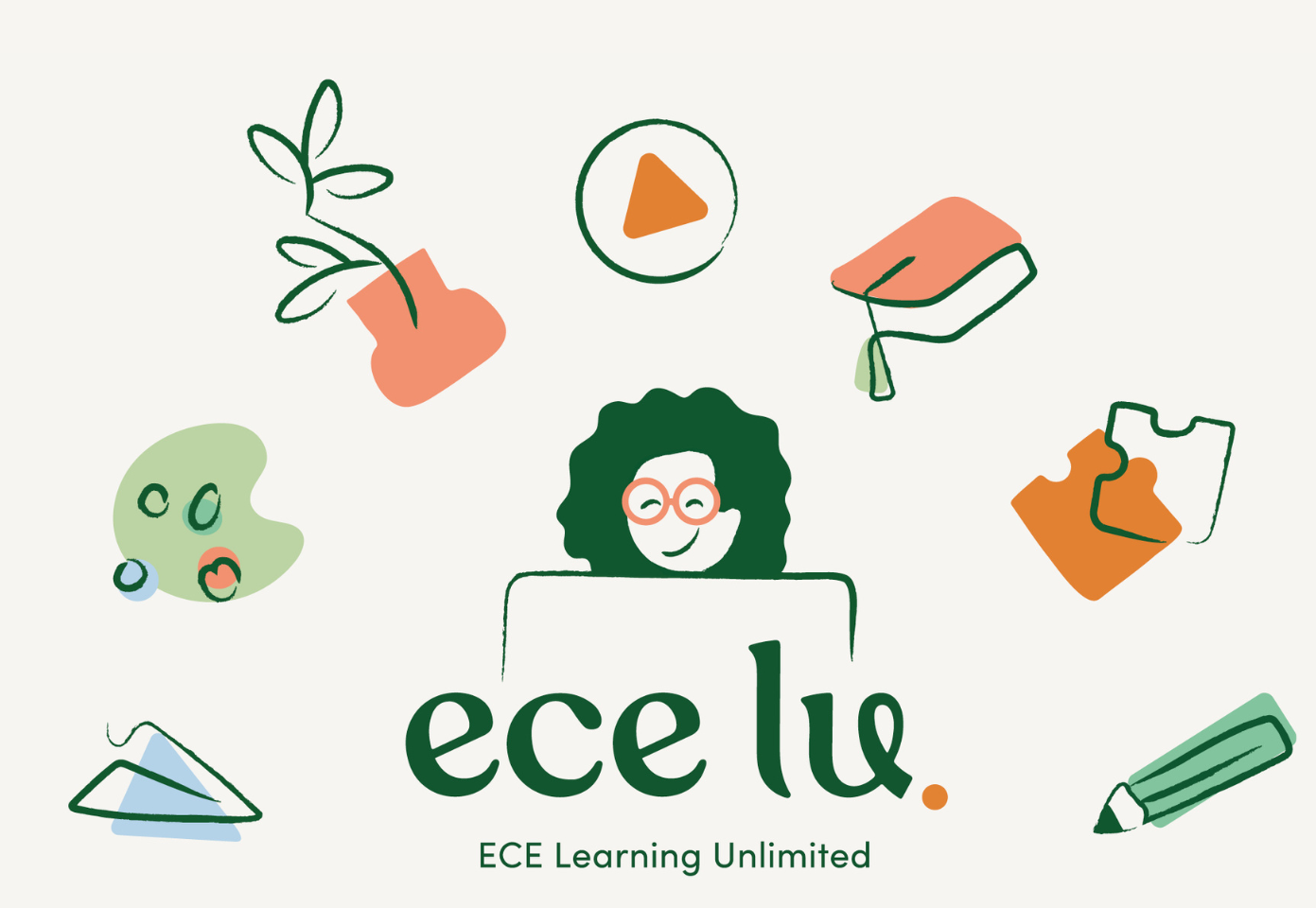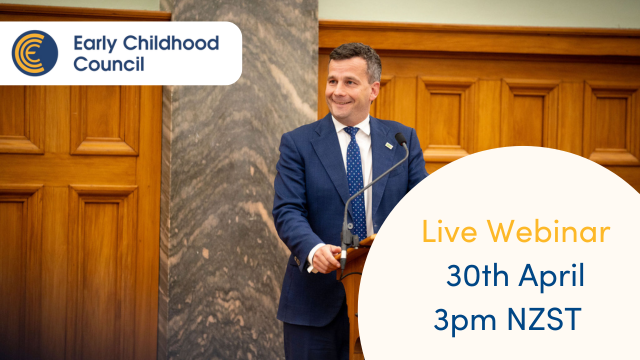One of the biggest and most persistent challenges in early childhood education is a lack of time. Right across the sector, ECE teachers and managers are feeling the relentless pressure to keep up: writing detailed learning stories, creating Insta-worthy portfolios, posting regular updates to families, and juggling a dozen other tasks every week. Somewhere along the way, we’ve built ourselves a monster—one that’s consuming our time, energy, and passion.
The burden of mass-producing learning stories is immense. Teachers are buckling under the weight of expectations. Too often, they're using their personal time just to “catch up” on documentation—and feeling like they’re failing if they don’t keep pace. Meanwhile, managers are pulling their hair out trying to schedule enough non-contact time for teachers, cover for sick days, and ensure every child gets “something” in their portfolio each month. Meanwhile, we are terrified to receive notice from ERO of an impending visit because we aren’t 100% confident that our assessment, planning and documentation is up to expectations.

This pressure-cooker environment is pushing good teachers out of our profession. It’s draining the joy from teaching—and it’s not sustainable.
And here’s something that might surprise you: Learning stories are not compulsory!!! According to the ECE Licensing Criteria, services must:
“Observe, assess, and record children’s learning in order to understand and respond to their interests, strengths, and learning needs.”
But how we do that is entirely up to us.

As long as our approach is pedagogically sound and meets the intent of the criteria, we can choose methods that work for us—our children, our teachers, our teams, and our families.
So, maybe it’s time to hit pause and ask ourselves:
Who are we doing this for?
What is the true purpose of assessment, planning, and documentation?
If teachers are spending their non-contact time ticking boxes—just to get “something” into a child’s portfolio—then we’re wasting precious time. Time that could be better spent supporting, observing, and planning for real learning. Let’s stop creating inauthentic documentation that does nothing to improve teaching practice or children’s learning outcomes. We may as well write it on a piece of paper… and burn it.
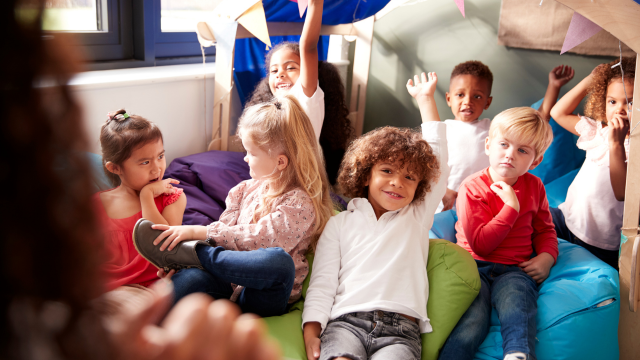
It is not too late to turn this ship around.
Let’s remember why we are here: to provide high-quality care and education for young children. Around 90% of what we notice, recognise, and respond to happens in real time—through our everyday interactions. Whether it’s supporting a child across the monkey bars or scaffolding their problem-solving through gentle guidance—this is teaching. This is assessment and planning in action. And no, it doesn’t all need to be written down.
Instead, we should be focusing our documentation on significant learning moments and learning progressions. Our assessment should inform how we teach—not just serve as a record-keeping exercise. And planning should be a collaborative process that happens across the team, not in isolation.
In our own setting, we’ve embraced a new approach—one that’s brought joy and meaning back to teaching and documenting. We’ve moved away from learning stories as the default.
Instead, we use:
- Short learning notes
- Photos and short videos
- Individual Learning Plans (ILPs)
These bite-sized updates tell a story over time—a thread of learning that helps us see, reflect on, and respond to children’s progress. We make plans as a team. One teacher records the ILP, and together, we implement, observe, and document learning as it unfolds. There’s no pressure to produce a set number of stories per month. The only expectation is that every child has an active, evolving ILP.
Sometimes we do write a learning story—usually to celebrate and summarise a rich progression in learning. But it’s no longer a burden. It’s intentional. It’s meaningful.
And the results?
- Improved intentional teaching
- More effective use of non-contact time
- Happier, less stressed teachers
- Grateful, engaged parents
- And most importantly—better outcomes for children
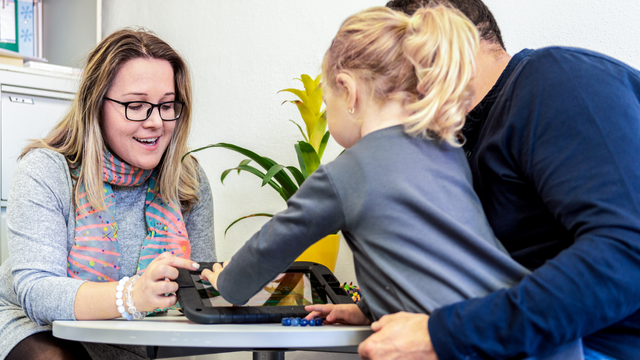
We have the knowledge. We have the capability. And we absolutely have the power to choose differently.
So, will you join us?
Let’s reclaim our time. Let’s refocus our energy. Let’s bring joy back into teaching.
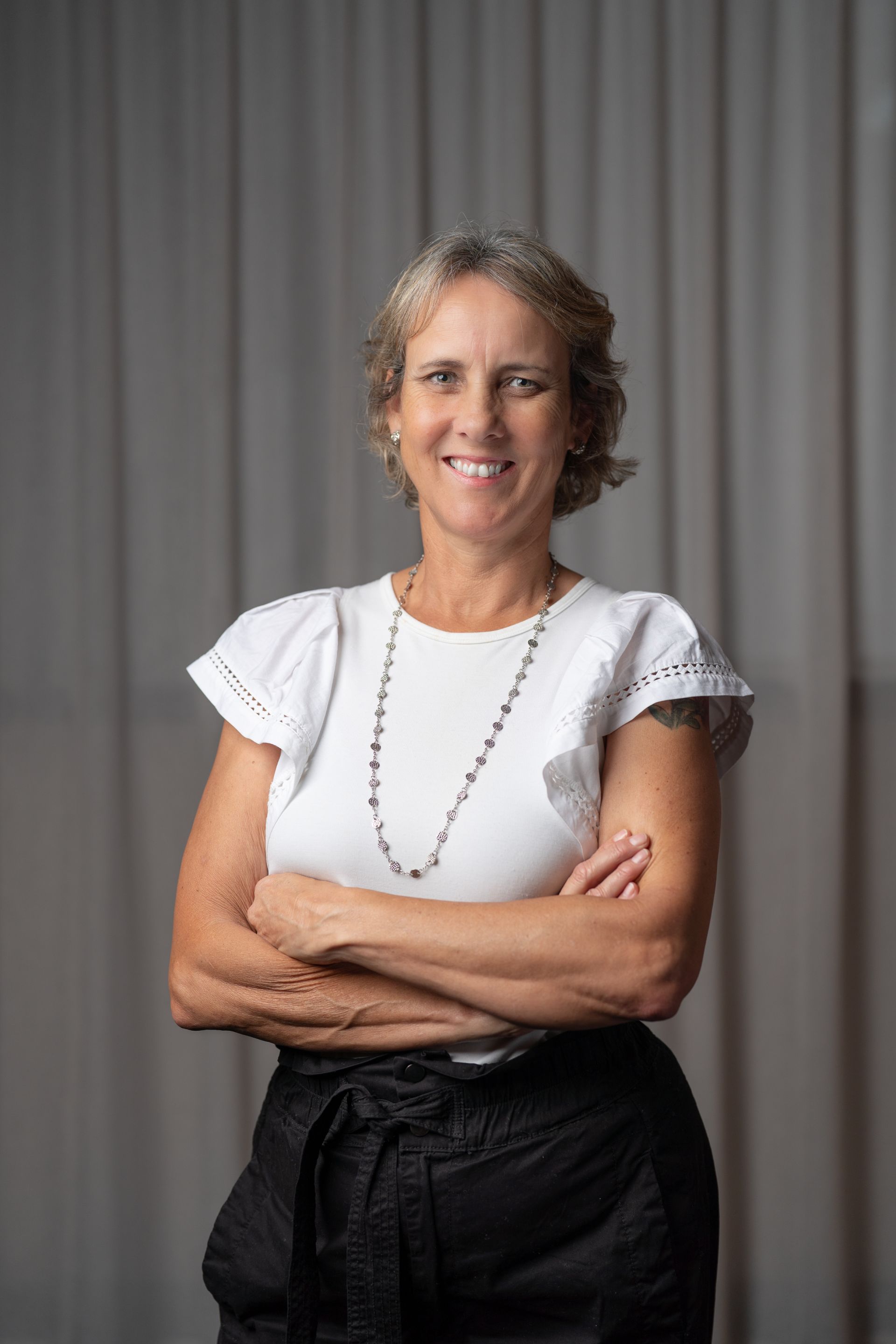
Angela Bush
Share your thoughts...

